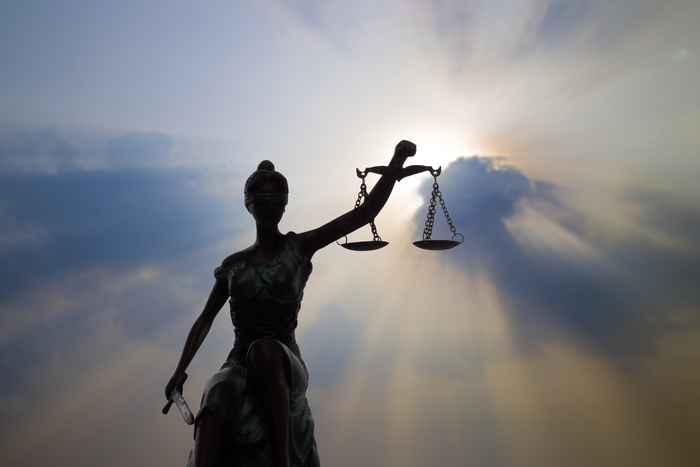‘If law makes misery, then one must be able to unmake it’
Amsterdam Law School
16 January 2024

What exactly is meant by a ‘decolonial future’ and are we not already living in it?
Ingo Venzke: ‘We understand “coloniality” as a system of power that emerged in the modern period. By categorizing humans and distributing power and wealth, this system of power created lasting social exclusions and environmental degradations that pose global societal challenges today. “Decoloniality” refers to efforts to recognize and remedy the inequalities and injustices produced by coloniality. We are looking for ways to imagine, or even design a more equal and just future. The research focuses on 3 thematic fields: museums, migration, and ecology.’
Could you give an example of how these inequalities that stem from colonialism are still visible today?
Eliana Cusato: ‘Let’s take the example of the climate crisis. The negative impacts of climate change are linked to colonial histories of dispossession. The effects are unevenly distributed across racial, gender, and class lines. We also see how climate-induced migration results in the militarization of EU borders and racialized policies. Moreover, climate change is already affecting the ability of countless communities to enjoy their cultural heritage. At the same time, recent demands for reparations for historical emissions of wealthy countries raise difficult questions of justice and redress. This can only be appreciated by taking a multi-disciplinary perspective, as our research aims to do. These reparatory demands may also offer alternative visions of futures that may help work towards a more just world.’
We hope to build a framework with respect to how law can be made to work for the marginalized and disenfranchised
What are you looking to accomplish or change through your research collaboration?
Eliana Cusato: ‘Dutch civil society and the city of Amsterdam are involved in discussions on decoloniality around issues such as apologies for slavery and colonial violence in Indonesia, restitution of art works, cases concerning the rights of nature and rights of future generations.’
Kanad Bagchi: ‘In the same breadth, the UvA is beginning to reflect on its own positionality as an institution historically situated within an imperial core and the ways in which its curriculum, subjects and modes of knowledge production reproduce the colonial matrix of power. This research project seeks to respond to this reckoning by investigating how academia and civil society might work together to envision what “decolonial futures” could look like and how competing claims for reparative justice should be addressed.’
What role does law play in this research?
Kanad Bagchi: ‘We start from the observation that law plays a central role in the way that the world is constituted and governed. You can hardly think about property, human rights or reparations without looking into the underlying legal relationships which provide the form and content of these concepts. Much in the same way, relationships of coloniality, Empire, exploitation and extractivism are built and structured through legal rules, doctrines and categories. Law then, has been instrumental in structuring the many forms of domination, inequality and subjugation that we see around us. A central thrust of this research project is the understanding that if law makes misery, then one must be able to think of ways to unmake it, at least in part. We take inspiration from the multiple struggles for decolonization and histories of resistance which have shown that law can also be means for change and emancipation. Building on that premise, we hope to build a framework with respect to how law can be made to work for the marginalized and disenfranchised.’